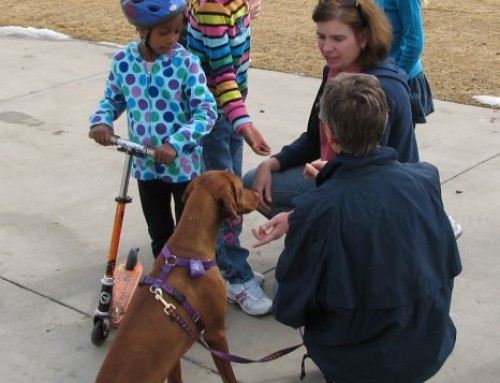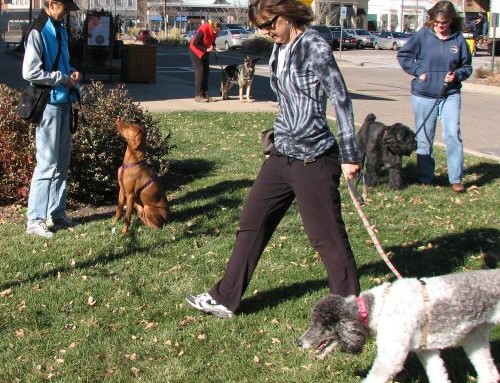DOG TRAINING OFFERED IN-PERSON AND ONLINEOur dog training services are delivered in almost any format that meets your needs. We have GROUP CLASSES at our indoor and outdoor facilities on our farm, ONLINE LIVE STREAMING classes, and SELF-PACED VIDEO-BASED training through our Online Dog Training Course. Our PRIVATE TRAININGS can be done in-home, outside, in public dog-friendly locations, at our facility on our farm, online via phone or video conferencing and through email. |
In a prior post, I quoted Murray Sidman's Coercion and Its Fallout on the effects of punishment. I want to continue with some of the points in his book, namely the potential side effects of the use of punishment. As I mentioned before, this book is about human behavior, not about dogs. However, since we are the ones training our dogs, and dogs live in our world, the effects of punishment can be correlated to our interactions with our dogs.
According to Sidman, “Punishment's first side effect, then, is to give any signal for punishment the ability to punish on its own.” What this means is that the signal that a punishment is coming becomes a punisher by itself. This signal could be the environment itself or something within the environment.
Sidman points out that “perhaps the most significant thing to remember about the first side effect of coercion is that people who use punishment become conditioned punishers themselves. Others will fear, hate, and avoid them.”
Think about the people in your life past or present who punish you in some way – a boss, a family member, an acquaintance. Remember that punishment does not need to be harsh physical punishment, it's simply anything that decreases the likelihood of you doing whatever that was again. If I walk into the office late and my boss reprimands me, I might be less likely to walk in late the next day. If I get a speeding ticket by trying not to be late the next day, I might be less likely to speed again the following day – at least in that same stretch of road where I got the speeding ticket. And I am more likely to avoid being late or speeding if I know my boss is already in the office or the police officer is often in that same vicinity. I'm more likely to simply avoid those people in the future. And how am I going to feel about going to work every day if I feel the need to avoid my boss?
From our dogs' perspectives, then, it will be much the same. If they are punished by us, particularly in certain circumstances, then they are going to be more likely to not want to be around us and even avoid us – at the very least in those circumstances, and perhaps in other circumstances as well. If I punish my dog for pulling on leash in my attempt to teach him to walk beside me, am I really encouraging him to walk beside me or try to stay farther away and avoid me? If being near me is potentially punishing, since I am the one doling out punishment, is he more likely to pull in an effort to stay out of my reach?
In future posts, I will discuss some of the other side effects of punishment and coercion. As you go through your day, see if you can pick up on all the punishments happening around you – to you, to your dog, to the others around you. Do you see punishments happening that you weren't aware of before? What effects are you seeing?
Our goal is to positively impact the lives of as many dogs and their families as we can, in part through our extensive library of video, infographics and text articles. 
|











